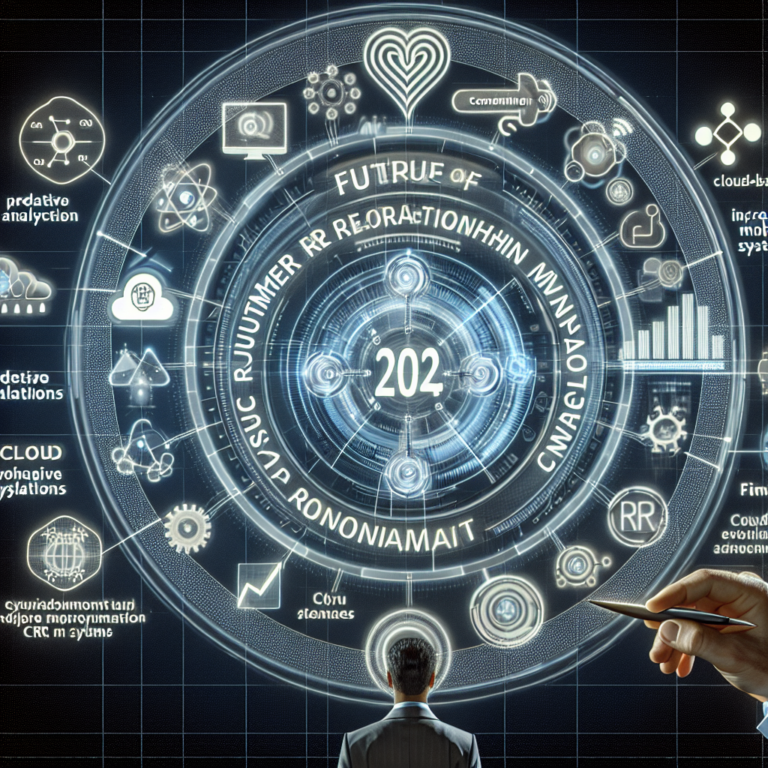Introduction
Customer Relationship Management (CRM) has evolved significantly over the years, and as we look ahead to 2024, it’s important to consider the key trends that will shape the future of CRM. In this blog post, we will explore some of the most important trends to watch in the coming years.
Trend 1: AI-Powered CRM
Artificial Intelligence (AI) is revolutionizing the way businesses interact with their customers, and AI-powered CRM systems are becoming increasingly popular. In 2024, we can expect to see even more advanced AI capabilities integrated into CRM platforms, allowing businesses to automate routine tasks, personalize customer interactions, and make data-driven decisions with greater accuracy.
Trend 2: Omni-Channel Customer Engagement
Customers today expect seamless experiences across multiple channels, whether it’s through email, social media, chat, or phone. In 2024, we will see a greater emphasis on omni-channel customer engagement, where businesses will be able to track and analyze customer interactions across all touchpoints to provide a more personalized and consistent experience.
Trend 3: Data Privacy and Security
With the increasing amount of data being collected and stored by businesses, data privacy and security have become major concerns for customers. In 2024, CRM systems will need to prioritize data protection and compliance with regulations such as GDPR to build trust with customers and ensure their information is secure.
Trend 4: Predictive Analytics
Predictive analytics is a powerful tool that uses historical data to forecast future trends and behaviors. In 2024, CRM platforms will leverage predictive analytics to anticipate customer needs, identify potential opportunities for upselling or cross-selling, and optimize marketing campaigns for better results.
Trend 5: Personalization at Scale
Personalization has become a key differentiator for businesses looking to stand out in a crowded market. In 2024, CRM systems will enable companies to deliver personalized experiences at scale, using AI and machine learning to analyze customer data and tailor communications to individual preferences and behaviors.
Conclusion
As we look ahead to 2024, the future of CRM is bright and full of exciting possibilities. By embracing AI, omni-channel engagement, data privacy, predictive analytics, and personalization at scale, businesses can stay ahead of the curve and build stronger relationships with their customers.
FAQs
What is CRM?
CRM stands for Customer Relationship Management, which refers to the strategies, technologies, and practices that businesses use to manage and analyze customer interactions and data throughout the customer lifecycle.
Why is AI important in CRM?
AI is important in CRM because it enables businesses to automate tasks, personalize interactions, and make data-driven decisions with greater accuracy, ultimately improving customer satisfaction and driving business growth.
How can businesses ensure data privacy and security in CRM?
Businesses can ensure data privacy and security in CRM by implementing robust security measures, complying with regulations such as GDPR, and regularly auditing their systems for vulnerabilities.
